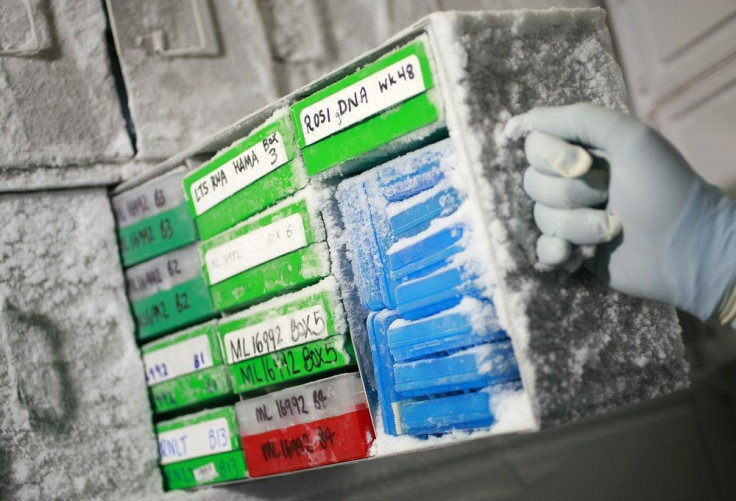HIV vaccine cure: Scientists using neutralised HIV antibodies to develop effective vaccine

Scientists from Scripps Research Institute are using neutralised HIV antibodies to develop a HIV vaccine cure. The study has outlined a streamlined path to priming immune system to resist HIV. The approach used by the scientists yielded powerful antibodies modelled after those found in rare individuals infected with HIV.
The antibodies neutralised numerous HIV strains. Hence, they proved to be amazing targets around which the vaccines can be designed. The antibodies were found to be as effective as the originals in deactivating a broad mix of HIV strains. The researchers also outlined a path to make a series of immunogens so that the immune system can neutralise HIV.
The study, published in the journal PLOS Pathogens, focused on broadly neutralizing antibodies (bnAbs) known as VRC01. The concept is pretty similar to the cocktail of HIV drugs approach used by doctors to reduce the chances of the virus’ escape through mutating.
“We have developed potent HIV bnAbs that may be more tractable vaccine goals compared to existing bnAbs, and we have proposed a strategy to elicit them,” the researchers summarised in a statement.
The study was led by veteran HIV researchers William Schief, Dennis Burton and Ian Wilson of Scripps Research. The first authors were Joseph Jardine, Devin Sok, Jean-Philippe Julien and Brian Briney of Scripps Research and the International AIDS Vaccine Initiative Neutralizing Antibody Centre at Scripps Research.
Getting bnAbs from HIV infected individuals is difficult as the antibodies are rare. The challenge lies in discovering or engineering bnAbs that have fewer rare features. Certain people are capable of developing antibodies in their systems that are capable of coping with the disease without the need for medication.
However, by the time they generate these antibodies, the disease would have progressed so much that the antibodies cannot neutralise HIV’s effects. Getting these antibodies and how they work on HIV-affected people is the main focus of these researchers.
Professor of medicine at Keck Medicine, University of California, Howard Liebman, said that developing the immunogens and analysing their effects on normal controls is important. Antibodies should then be taken from those who develop resistance towards HIV as a result and the HIV vaccine should be produced from these antibodies.





















